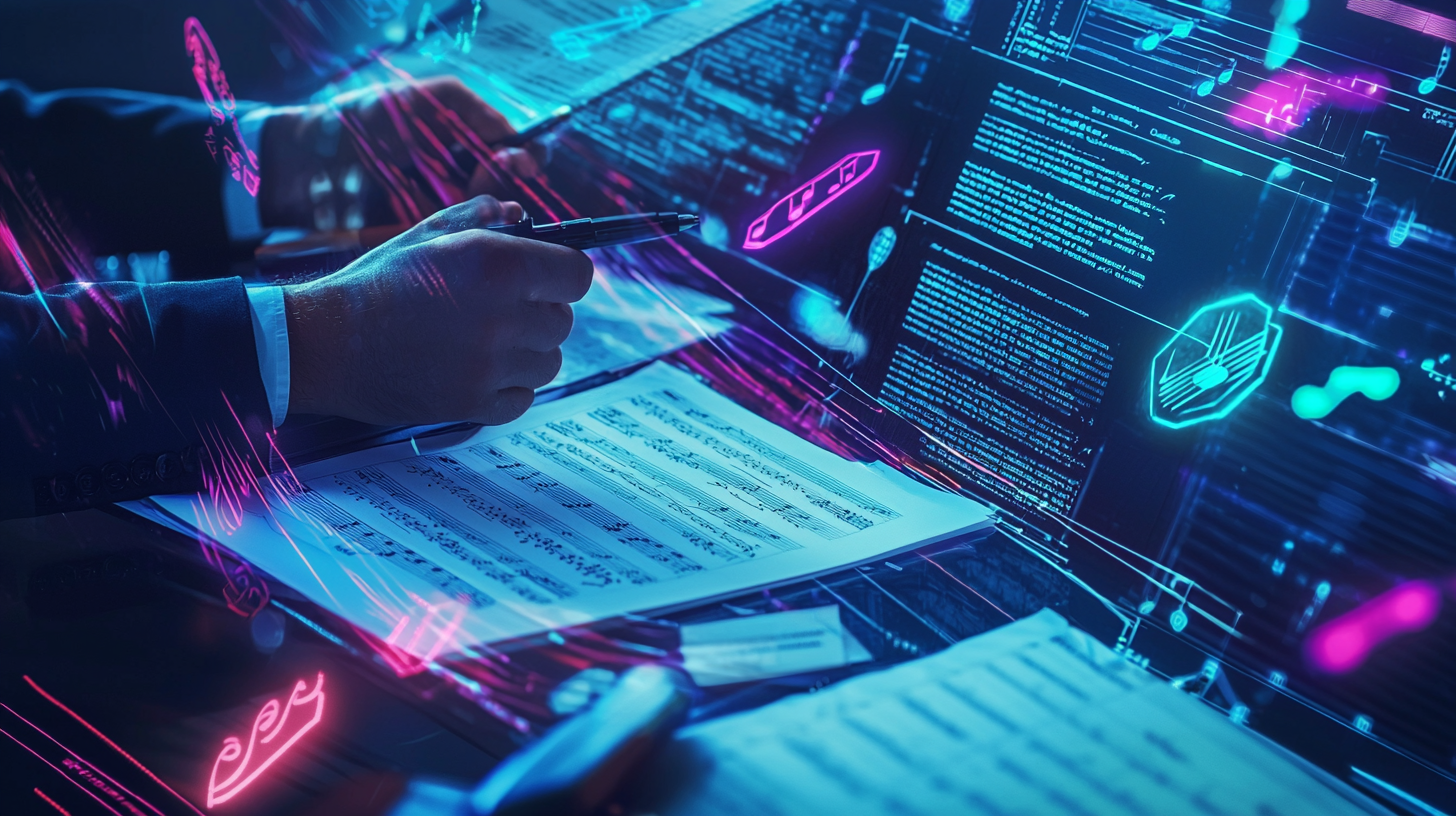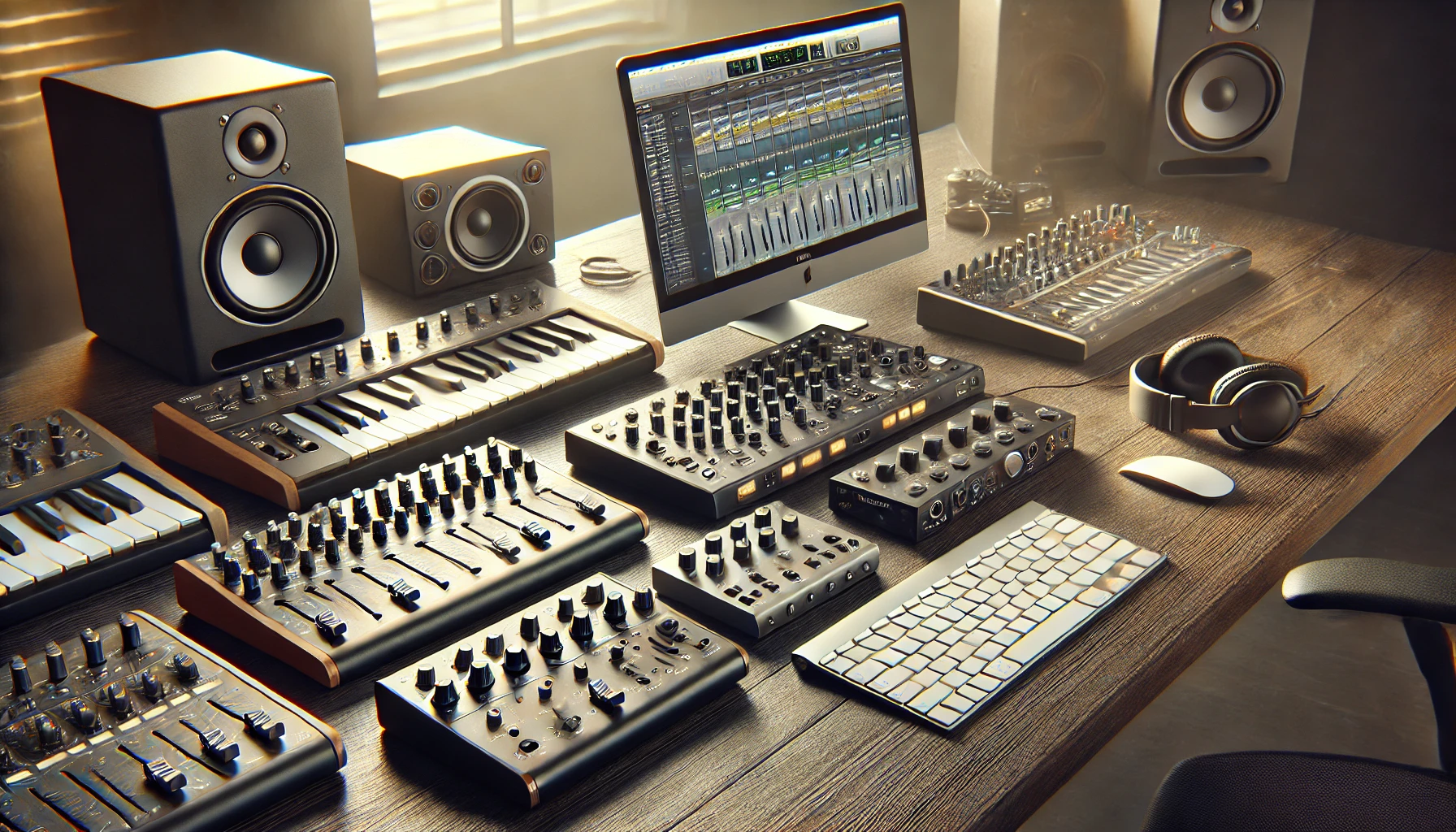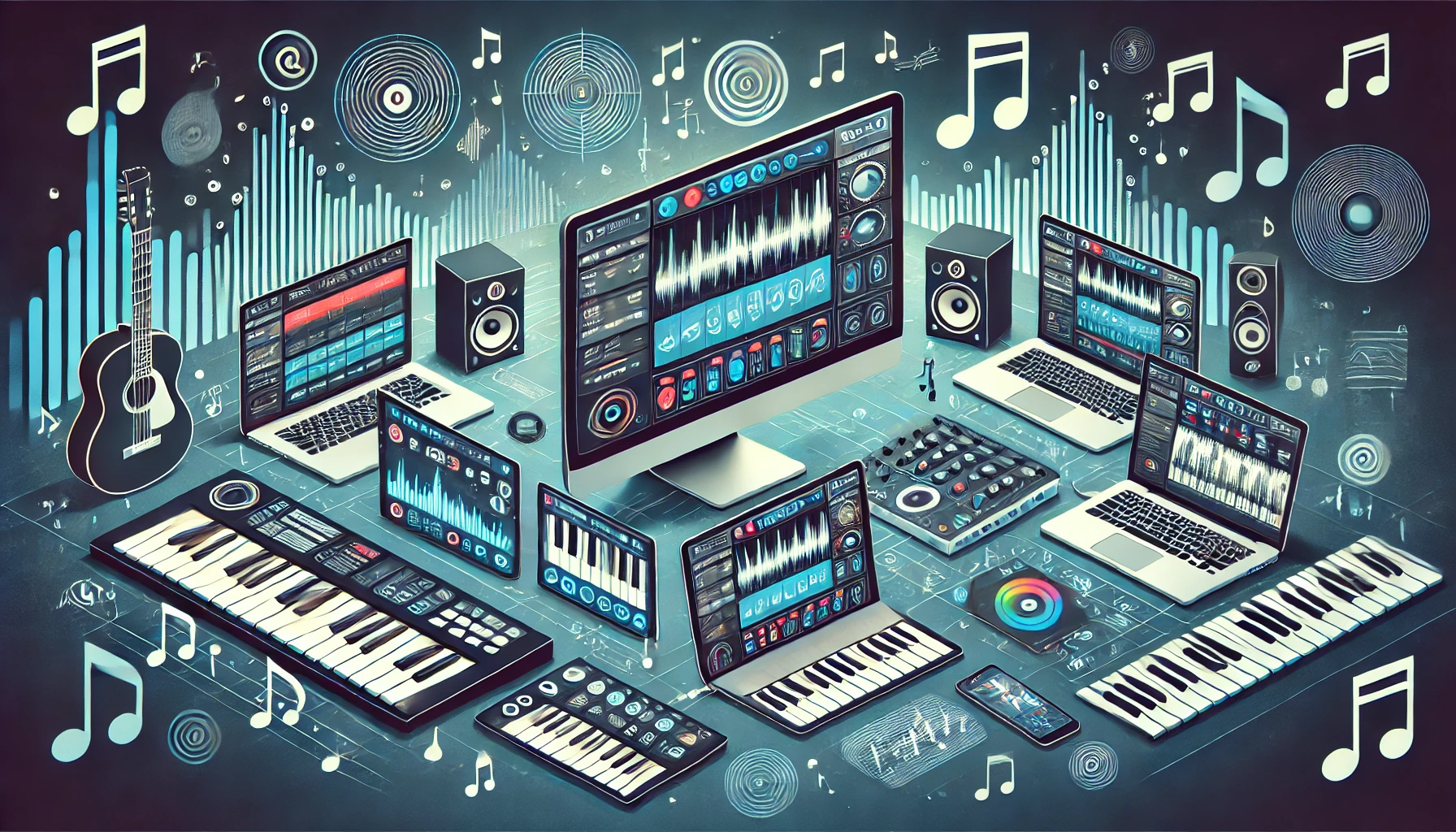How to Protect Your Music Copyrights: A Comprehensive Guide
As an independent musician, protecting your music copyrights is crucial to retaining control over your creative work and ensuring you benefit financially from its use. Copyrights give you the exclusive legal right to control how your music is used, distributed, and reproduced. Proper protection not only prevents unauthorized use but also ensures you can claim royalties, licensing fees, and enforce your rights in case of infringement.
In this guide, we’ll explore how to protect your music copyrights, from registering your work to safeguarding your intellectual property, while showing how Muibas can support you in collaborating securely with other musicians.
- Understand What Music Copyright Protects
Copyright protects both the composition (melody, lyrics, harmony) and the sound recording of your music. These protections extend to:
- Melodies and Lyrics: The written components of your song.
- Sound Recordings: The specific recording of your performance.
- Derivative Works: Any remixes, covers, or reworks of your music that you authorize.
- Distribution and Public Performance: Copyright law covers your rights to distribute, sell, and perform your music publicly, whether in physical or digital formats.
When you create music in a tangible form (e.g., recording it or writing it down), you automatically hold the copyright, but officially registering your work provides stronger legal protection.
- Register Your Music with the U.S. Copyright Office (or Local Equivalent)
While your music is automatically protected by copyright law as soon as you create it, registering your work with the U.S. Copyright Office (or your country’s equivalent) gives you added legal advantages, such as the ability to claim statutory damages and take legal action in case of infringement.
Steps to Register:
- Online Registration: Submit your work to the U.S. Copyright Office or your local copyright agency. For U.S.-based artists, this can be done via their online portal, where you’ll fill out details about your music and upload a copy.
- Fee: The cost for registration is around $45 to $65 depending on the type of work and filing method.
- Global Protection: Many countries honor copyrights under international agreements, so your work is protected in other countries as well.
This formal registration strengthens your claim in case of a dispute, providing clear documentation that you are the rightful creator of the work.
- Register with a Performance Rights Organization (PRO)
To ensure that you receive performance royalties when your music is played publicly (e.g., on the radio, in concerts, or streamed online), it’s essential to register your music with a Performance Rights Organization (PRO). These organizations collect and distribute royalties to artists when their music is performed or broadcast.
Major PROs Include:
- ASCAP, BMI (USA)
- PRS for Music (UK)
- SOCAN (Canada)
Registering with a PRO also provides additional documentation of your copyright ownership and ensures that you get paid whenever your music is performed publicly or streamed online.
- Distribute Your Music on Public Platforms
Uploading your music to streaming platforms like Spotify, Apple Music, or YouTube not only helps you reach a wider audience but also serves as a form of evidence of ownership. When your music is distributed on public platforms, there is a record of when it was released, which can help in case of a copyright dispute.
Additional Protection via Platforms:
- YouTube Content ID: By uploading your music to YouTube, you can enable Content ID, which automatically identifies your music in other videos and allows you to claim royalties or take down unauthorized uses.
- Digital Fingerprinting: Some platforms use fingerprinting technologies to track the usage of your music, helping you claim revenue from unauthorized use.
- Use Digital Time-Stamping Services
While formal copyright registration provides the strongest protection, using a digital time-stamping service offers an additional layer of proof in case of a dispute. These services create a secure, date-stamped record of your music, proving when you created it.
Digital Time-Stamping Options:
- SongSecure: A service that timestamps your music to prove when it was created.
- Blockchain for Music: Blockchain technology is becoming a popular option for protecting digital music rights. Platforms like Viberate allow you to use blockchain as a secure method for documenting your music ownership.
- Monitor and Enforce Your Copyrights
Once your music is protected, you should monitor how it is being used to ensure that no one is infringing on your rights. Regularly check streaming platforms, social media, and other distribution channels for unauthorized use of your music.
Steps for Enforcement:
- Cease and Desist Letter: If you find that someone is using your music without permission, the first step is to send a cease-and-desist letter, requesting them to stop the unauthorized use.
- DMCA Takedown Notice: For online infringement, file a Digital Millennium Copyright Act (DMCA) takedown notice with the platform hosting the infringing content (e.g., YouTube, Facebook).
- Legal Action: If the infringement persists or causes significant damage, you may need to take legal action. Having your copyright registered gives you stronger grounds for claiming damages in court.
- Collaborate Safely with Other Musicians Using Muibas
Collaboration is a key part of the creative process, but when multiple musicians are involved, it’s important to ensure that copyright ownership is clearly understood and protected. Muibas is an excellent platform for collaborating with other musicians while keeping track of your contributions and ensuring your work is protected.
Protecting Your Work on Muibas:
- Use Muibas‘ Chat Features: When collaborating with others on Muibas, you can use the chat feature to discuss and agree on how royalties and ownership will be split once the track is finished. This helps to avoid misunderstandings later on.
- Collaborative Comments: The platform’s comments feature allows you to document the evolution of the project and ensure transparency between collaborators.
- iBands Feature: By joining or creating a virtual band through iBands on Muibas, musicians can work together in a transparent and organized way, allowing all members to track contributions and ensure that copyright splits are fair and agreed upon as the project progresses.
Using these features helps to streamline collaboration, ensuring that all parties involved are clear about ownership, making it easier to protect your copyrights after the project is completed.
Conclusion: Secure Your Music with Proper Copyright Protection
Protecting your music copyrights is essential for maintaining control over your creative work and ensuring that you are compensated for its use. By registering your music with the U.S. Copyright Office or equivalent, working with a PRO, and distributing your work on public platforms, you can safeguard your rights. Additionally, using Muibas to collaborate ensures that all contributions are transparent and protected, so you can focus on making music without worrying about losing control over your intellectual property.


